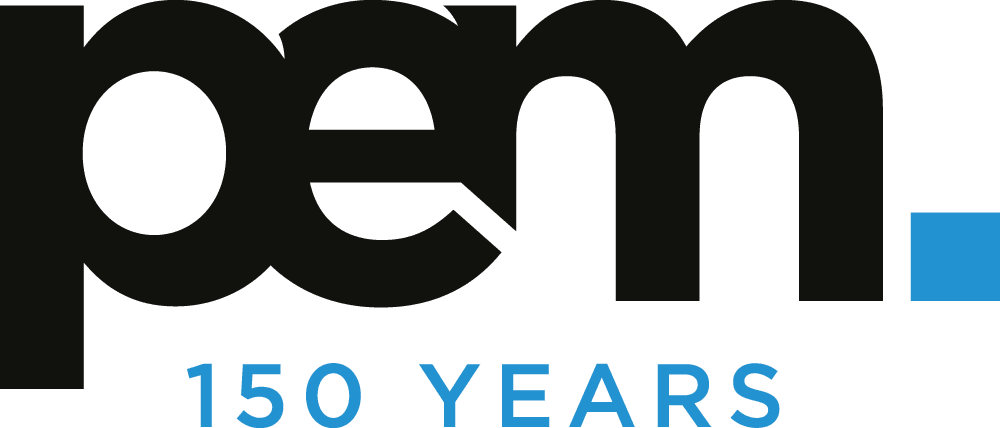Payrolling benefits in kind – what employers need to know.
From April 2026, payrolling benefits in kind (BIKs) will be mandatory for employers. HMRC hopes payrolling will reduce the administrative burden on employers and simplify the process of reporting and paying tax on all BIKs. This summary confirms what is changing and how employers can prepare.
How are benefits in kind reported now?
Currently, employers are required to report BIKs on a form P11D, which should be submitted to HMRC and provided to employees by 6 July after the end of the tax year. The relevant income tax is then collected by updating the employee’s PAYE Coding Notice or via completion of a self-assessment tax return.
Employers can currently voluntarily payroll certain BIKs, but still need to undertake some reporting after the end of the tax year, such as the completion of an employer return form P11D(b) and payment of Class 1A National Insurance Contributions (NICs). Employer provided beneficial loans and accommodation are excluded from voluntary payrolling so that P11Ds are still due for such benefits.
What is changing from April 2026?
From 6 April 2026 employers will be required to report all BIKs in real-time on the payroll Full Payment Submission. Employers will need to calculate the cash equivalent of the BIKs at the start of the 2026/27 tax year (before the final forms P11Ds are submitted for the 2025/26 tax year) and divide the cash equivalent across the number of pay periods for each employee. This will ensure that the income tax due on the benefit is deducted from an employee’s pay each month through payroll. If a change to the cash equivalent of the BIK occurs in year, the employer must work out the revised taxable amount to payroll for the remaining pay periods for the tax year.
Employer provided beneficial loans and accommodation will initially be excluded from mandatory payrolling of BIKs, but HMRC have stated that these benefits may be voluntarily payrolled from April 2026.
What should employers do to prepare for mandatory payrolling from April 2026?
The timeline before mandatory payrolling of BIKs is required is short and so what can employers do to start preparing?
- Consider voluntary payrolling some or all BIKs a year early from April 2025. To payroll BIKs for 2025/26, employers must register for this online with HMRC before 6 April 2025, selecting which BIKs they wish to voluntary payroll. When voluntarily payrolling there are still form P11D(b) and Class 1A payment obligations.
- Contact your current payroll software provider to ensure that your software is ready to voluntarily payroll BIKs for 2025/26 if required and seek assurances that the provider has a strategy for implementing the required HMRC updates for mandatory payrolling when they are released by HMRC later in 2025.
- Review your BIK provision to ensure the arrangements in place will assist with the administration of mandatory payrolling of BIKs.
For example:
- if your renewal date for a benefit is part-way through the tax year could it be changed to be coterminous with the tax year end, reducing the need for changes to payrolled BIKs part-way through the tax year?
- Do you pay for benefits annually and if so would changing to monthly payments ensure less administration with more readily available monthly BIK cost figures, especially for leavers/joiners etc?
- Review the quality of information received from your current providers to see if any improvements could be requested to enable easier monthly payrolling of BIKs?
- Consider what assistance you may require at the start of and during the year to ascertain the correct tax values of BIKs that you will need to payroll. For example, car and fuel benefits will need to be calculated in accordance with the tax legislation, and the value of payrolled BIKs is calculated in the same way as when BIKs are reported on a P11D and so tax rules, such as the Optional Remuneration Arrangement (‘OpRA’) rules, must still be considered where payrolled BIKs are provided under salary sacrifice or with the option of a cash alternative.
- Consider what employee communications to undertake around payrolling BIKs, whether for voluntary or mandatory payrolling. Employers need to notify their employees that BIKs will now be taxed via the payroll and how that will work, especially in the first year when they may receive a form P11D with the prior year benefits provided after the payrolling of BIKs has commenced. In-year changes to BIKs will also need to be communicated, as they will be visible on the employees’ payslips. Employees must also be told about the benefits that have been payrolled after the end of each tax year.
- Consider which staff will deal with payrolling of BIKs and whether they will need guidance or training on the process to ensure the correct amounts of BIKs are processed through the payroll in real-time as required under the PAYE system.
HMRC will provide further details of payrolling BIKs throughout 2025. In the meantime, if you have any queries about registering to voluntary payroll for 2025/26 before 6 April 2025, or mandatory payrolling from 6 April 2026 onwards please contact our Employment Tax team.
This article was updated on 26 February 2026.

